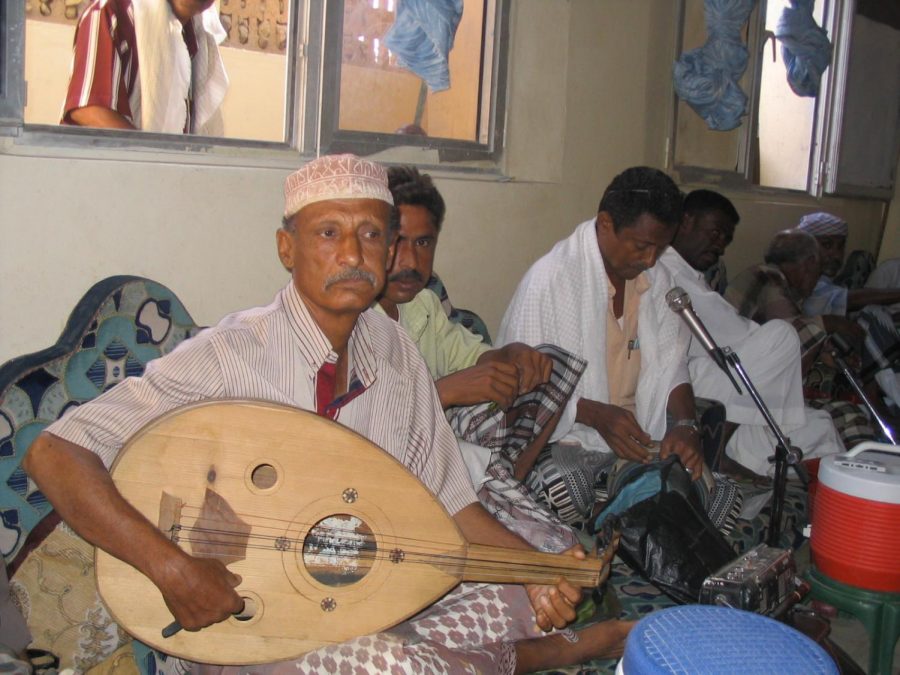Yemeni civilians continue to be affected by the conflict between the Saudi Arabian coalition and the Houthis, with an estimated 12,000 civilians dead and an additional 100,000 soldiers according to a report published by the Group of Eminent International and Regional Experts on Yemen. The COVID-19 pandemic has added to the crisis, as according to UNICEF, 2,041 cases have been reported as of Oct. 1.
Due to Yemen’s dire economic situation, the Yemeni population is currently suffering from a worsening famine. The United Nations has called Yemen “the world’s worst humanitarian crisis,” and the population experiences airstrikes, hunger, a lack of education, little access to clean water and violations of international human rights laws.
According to UNICEF’s Yemen situation report for September 2020, acute malnutrition in Yemen has increased by 8.9% from January to September of 2020, and severe acute malnutrition has increased by 10.1% from January to September of 2020. In addition, this report details that more than 1.9 million people do not have much opportunity to obtain water. In terms of education, UNICEF has reported that before the COVID-19 pandemic, at least 2 million Yemeni children could not attend school, and according to the Group of Eminent International and Regional Experts on Yemen report, children have been recruited to fight, with 16 individual cases of recruitment verified by the Group of Experts.
“Education in Yemen was always a problem. The Yemeni government is very poor. Now the situation is much worse,” said Dr. Charles Schmitz, a non-resident scholar at the Middle East Institute and professor of geography at Towson University, in an email interview. “There is a generation of children whose education has been disrupted.”
Many years of conflict occurred before the civil war began in March 2015. Wars between the government of Yemen and the Houthis occurred from 2004 to 2010, and protests against the president at the time, Ali Abdallah Saleh, took place during the Arab Spring in Yemen in 2011. On Feb. 25, Abd Rabbuh Mansur Hadi, vice president under Saleh’s presidency, became the president.
Protests under Hadi’s leadership began again, eventually resulting in the Houthis, supported by former president Saleh, taking control of the capital of Yemen, Sanaa, in 2014 and sending Hadi into exile. The Saudi Arabian coalition has been attempting to reinstall Hadi’s government, successfully preventing the Houthis from expanding into southern and eastern Yemen, but they have not managed to reinstall Hadi and his administration.
“The Saudis cannot dislodge the Houthi from the northern portion of the country where most people live. The Houthi militias are battling right now for the eastern portion of the country where Yemen’s small oil resources are located,” Schmitz said. “The southern part of the country is divided amongst various factions formally allied with the Hadi government, but effectively the south is divided between the militias of competing factions.”
In addition, according to Flagg Miller, professor of religious studies at the University of California, Davis, and secretary of the American Institute of Yemeni Studies, the Southern Transitional Council in the southern region of Yemen opposes unity.
It’s very much part of the international community’s obligation to not just bring in humanitarian aid, while that’s important, and not just military solutions, which are, in some respects, supported by Yemenis themselves, but also to set up mechanisms for conflict resolution that take the current leaders’ voices seriously.
— Flagg Miller
“[The] Saudi [Gulf Cooperation Council] funded [a] military war that’s brought in a lot of paramilitary forces and violent external actors who are trying to unseat a indigenous Yemeni government. And so that definitely does not sit well, both with southerners and northerners,” Miller said. “And so the southern government, under Hadi, has its own detractors. The southern Transitional Council is one of the biggest of those, which is a coalition of Southern forces that is against unity.”
The conflict between the Houthis and the Saudi Arabian coalition has largely affected the civilian population of Yemen, with many facing famine, disease, poverty and a lack of access to education. UNICEF’s September 2020 report states that 24.3 million people are in need and 12.2 million children need humanitarian help. In addition, airstrikes have been conducted by both sides in the conflict, most often resulting in civilian deaths, destroyed buildings and destroyed civilians’ homes.
Due to the conflict, the coalition has been occupying other regions as well. According to Janet Watson, Professor of Language at the University of Leeds in England and co-director of the Centre for Endangered Languages, Cultures and Ecosystems at the University of Leeds, the coalition has occupied the island of Socotra, a UNESCO World Heritage Site and an important site of both biodiversity and cultural diversity. According to Saeed al-Mahri, a Yemeni from the Al Mahrah region who researches Mehri language and culture and also focuses on bringing international attention to the Yemen crisis, the coalition has also occupied the Al Mahrah region of Yemen.
“When the Arab coalition came to Al Maharah, I felt this way that they might take over my land, my tribes, customs and cultures. And for us, the land is our dignity,” al-Mahri said. “So all these elements encouraged me to work more on Al Maharah and to raise awareness through the international media about what is happening in Al Maharah.”
Miller highlights the importance of including everyone in order to eventually reach a solution.
“It’s very much part of the international community’s obligation to not just bring in humanitarian aid, while that’s important, and not just military solutions, which are, in some respects, supported by Yemenis themselves, but also to set up mechanisms for conflict resolution that take the current leaders’ voices seriously,” Miller said.
Schmitz also emphasizes the role that Yemeni factions may play in the journey towards a peaceful solution.
“A Saudi agreement with the Houthis is a possibility, it may happen soon, but an agreement amongst the Yemeni factions will be very difficult,” Schmitz said. “There may be a ceasefire, but a real political solution is not on the horizon.”
The political conflicts between the Saudi Arabian coalition and the Houthis have negatively impacted the Yemeni population.
“You’ve got three sides. You’ve got the Saudi coalition. You’ve got the Houthis. And then you’ve got the Yemeni people. And the Yemeni people are the victims,” Watson said.
To help alleviate the Yemen humanitarian crisis, donate to UNICEF and Doctors Without Borders.
This story was originally published on Harker Aquila on December 21, 2020.

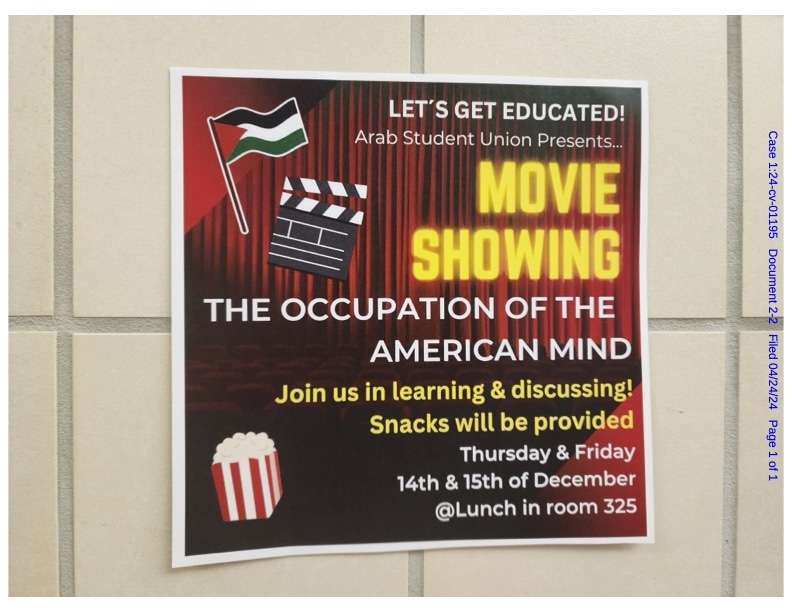
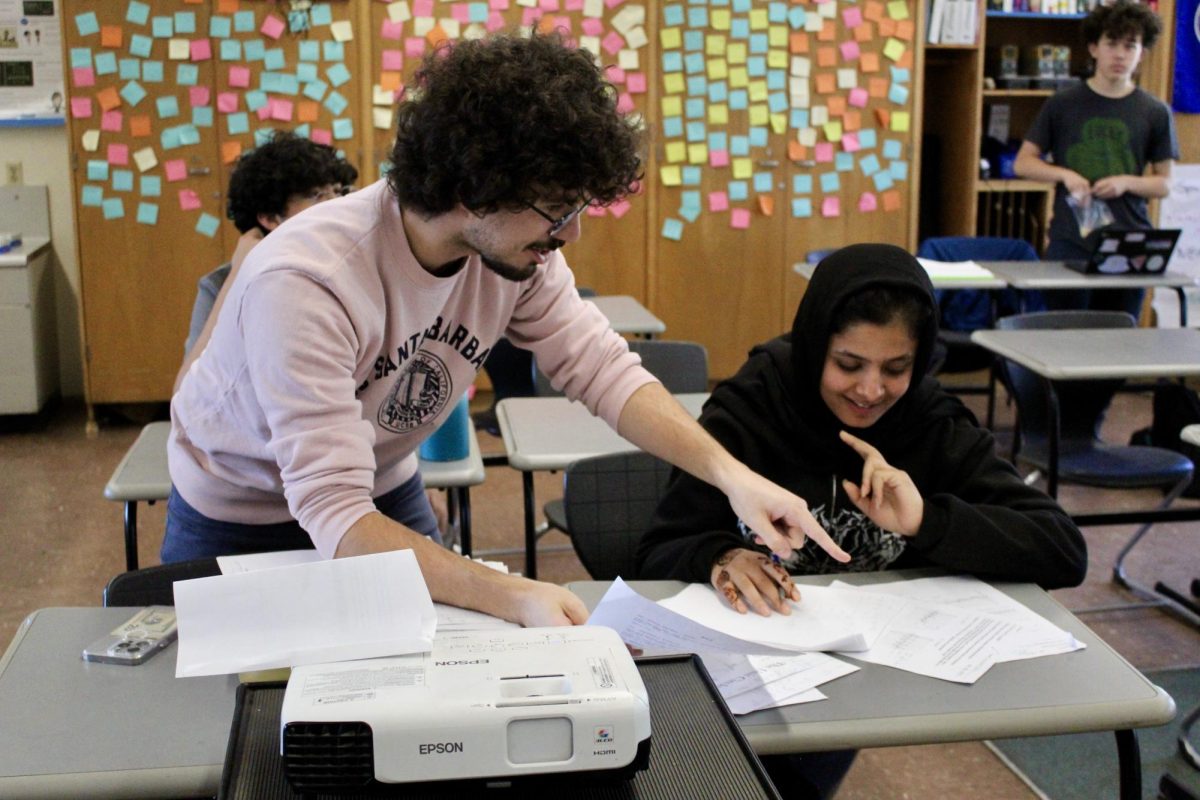
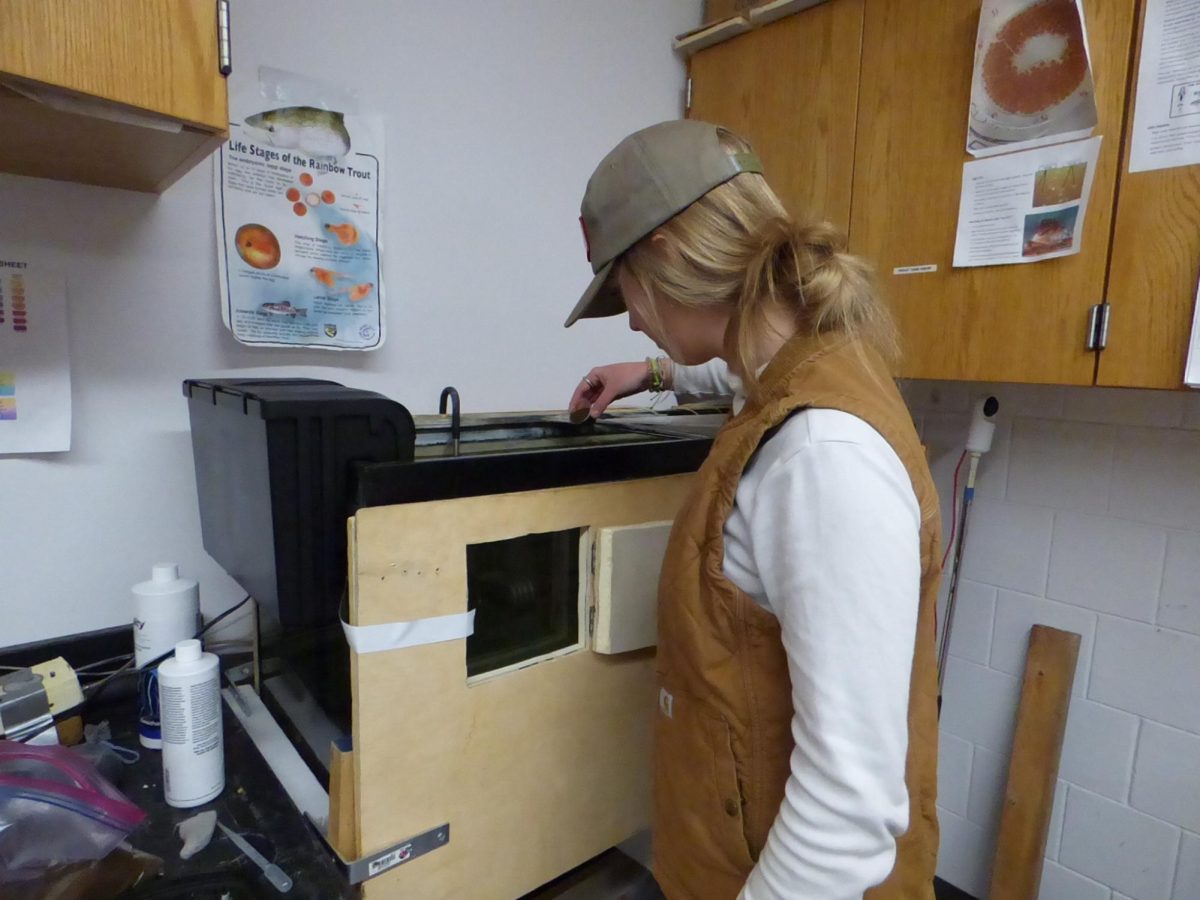



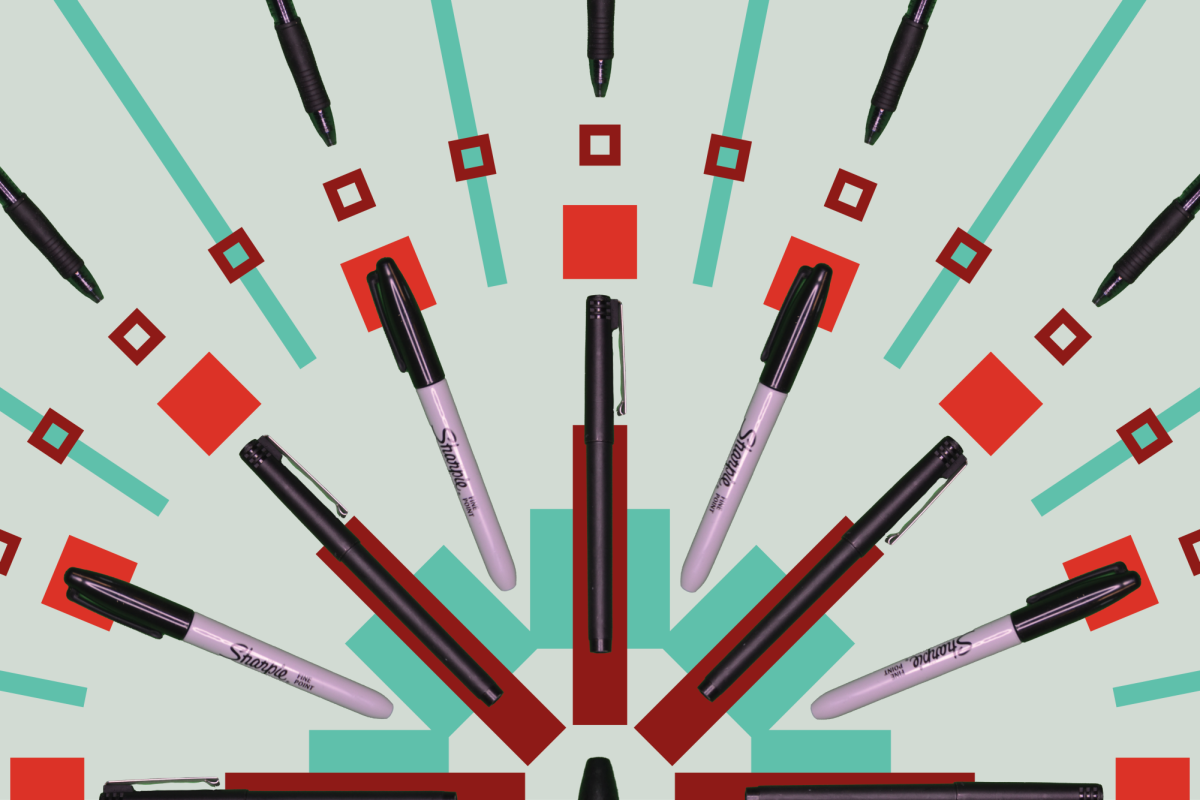

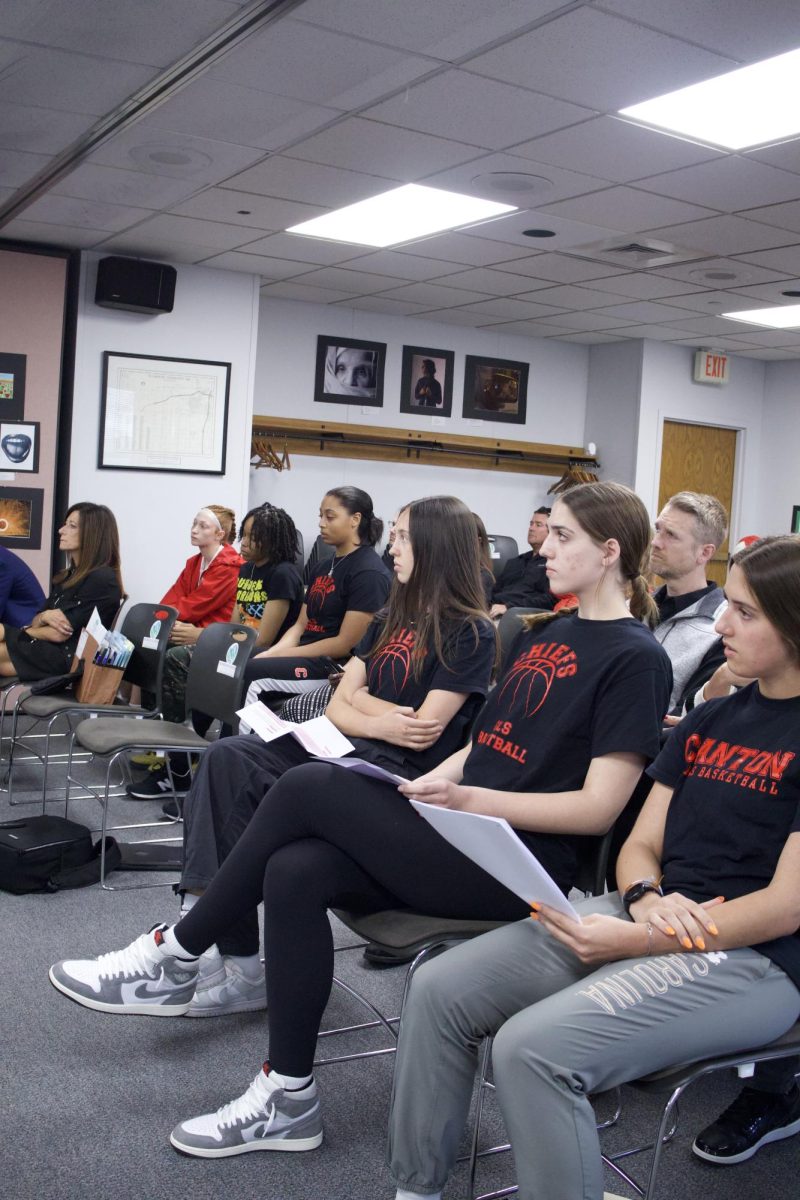

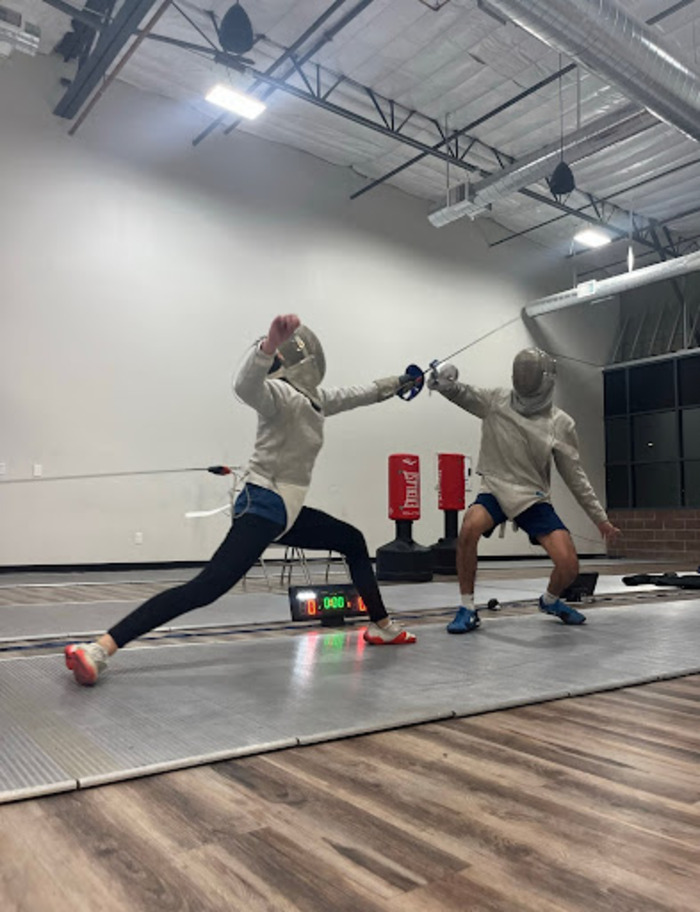




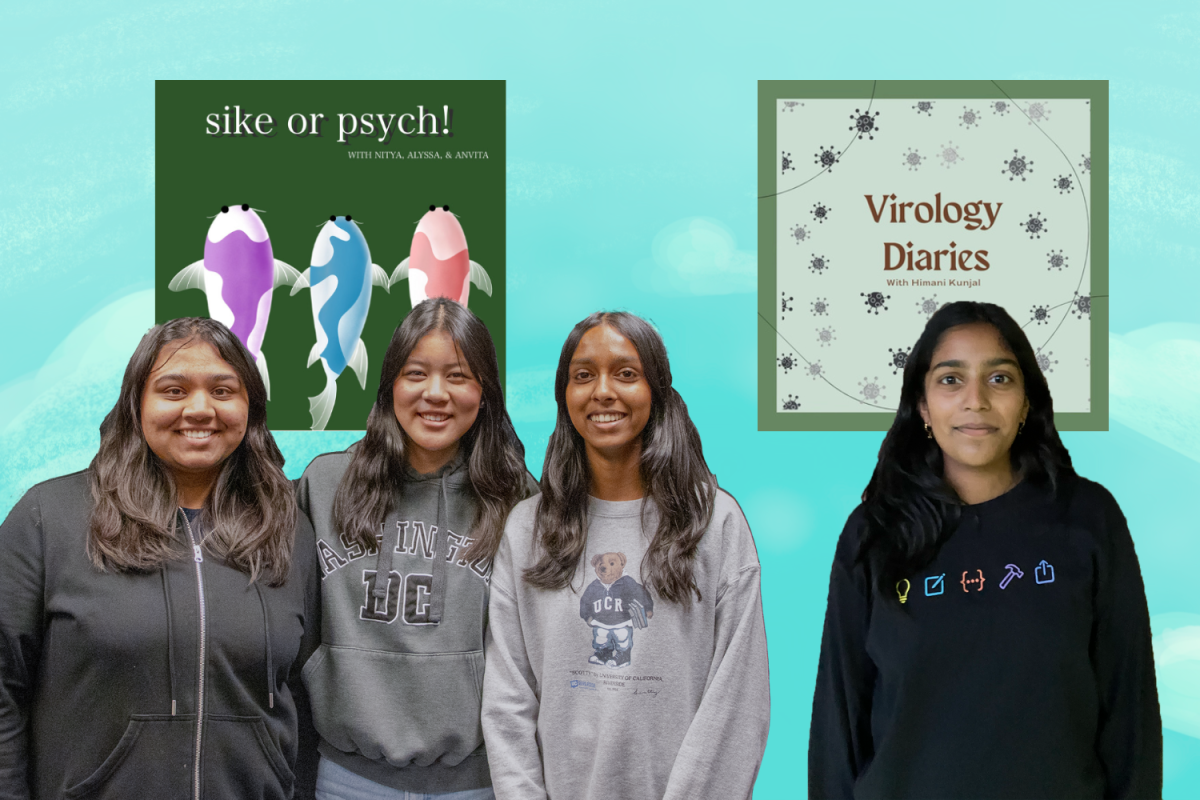














![IN THE SPOTLIGHT: Junior Zalie Mann performs “I Love to Cry at Weddings,” an ensemble piece from the fall musical Sweet Charity, to prospective students during the Fine Arts Showcase on Wednesday, Nov. 8. The showcase is a compilation of performances and demonstrations from each fine arts strand offered at McCallum. This show is put on so that prospective students can see if they are interested in joining an academy or major.
Sweet Charity originally ran the weekends of Sept. 28 and Oct. 8, but made a comeback for the Fine Arts Showcase.
“[Being at the front in the spotlight] is my favorite part of the whole dance, so I was super happy to be on stage performing and smiling at the audience,” Mann said.
Mann performed in both the musical theatre performance and dance excerpt “Ethereal,” a contemporary piece choreographed by the new dance director Terrance Carson, in the showcase. With also being a dance ambassador, Mann got to talk about what MAC dance is, her experience and answer any questions the aspiring arts majors and their parents may have.
Caption by Maya Tackett.](https://bestofsno.com/wp-content/uploads/2024/02/53321803427_47cd17fe70_o-1-1200x800.jpg)
![SPREADING THE JOY: Sophomore Chim Becker poses with sophomores Cozbi Sims and Lou Davidson while manning a table at the Hispanic Heritage treat day during lunch of Sept 28. Becker is a part of the students of color alliance, who put together the activity to raise money for their club.
“It [the stand] was really fun because McCallum has a lot of latino kids,” Becker said. “And I think it was nice that I could share the stuff that I usually just have at home with people who have never tried it before.”
Becker recognizes the importance of celebrating Hispanic heritage at Mac.
“I think its important to celebrate,” Becker said. “Because our culture is awesome and super cool, and everybody should be able to learn about other cultures of the world.”
Caption by JoJo Barnard.](https://bestofsno.com/wp-content/uploads/2024/01/53221601352_4127a81c41_o-1200x675.jpg)





